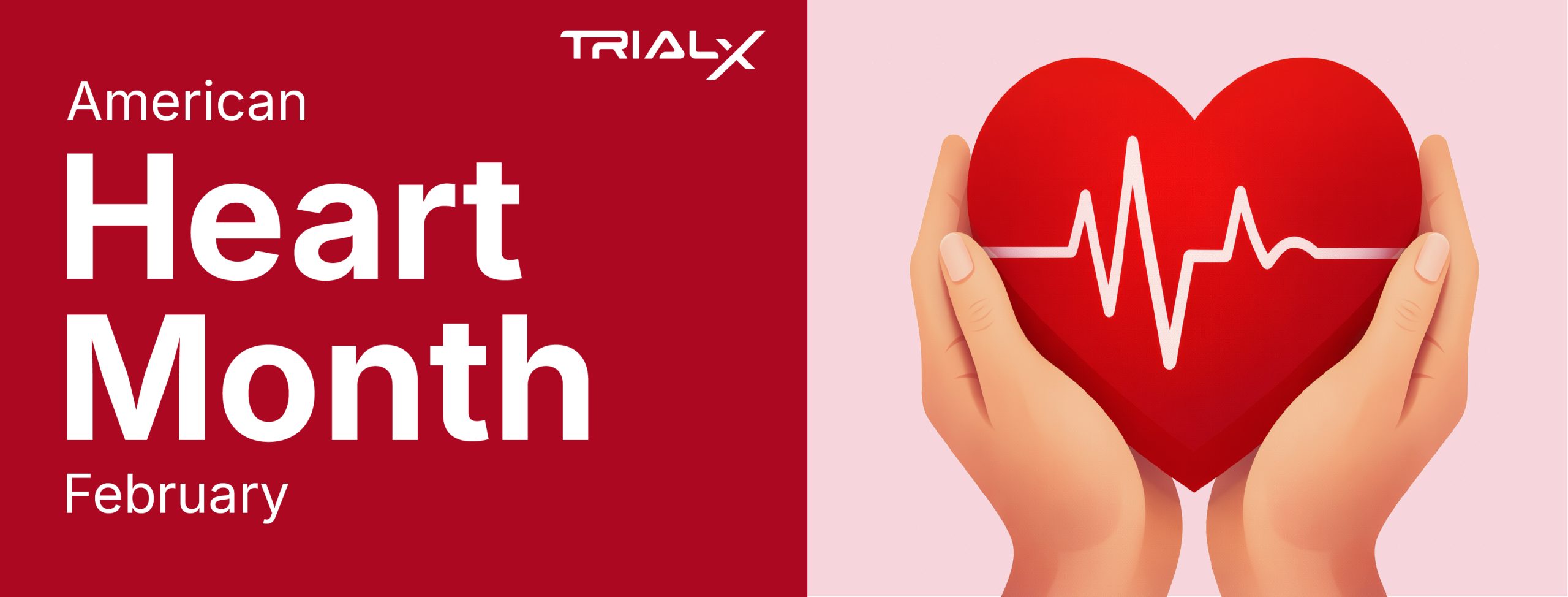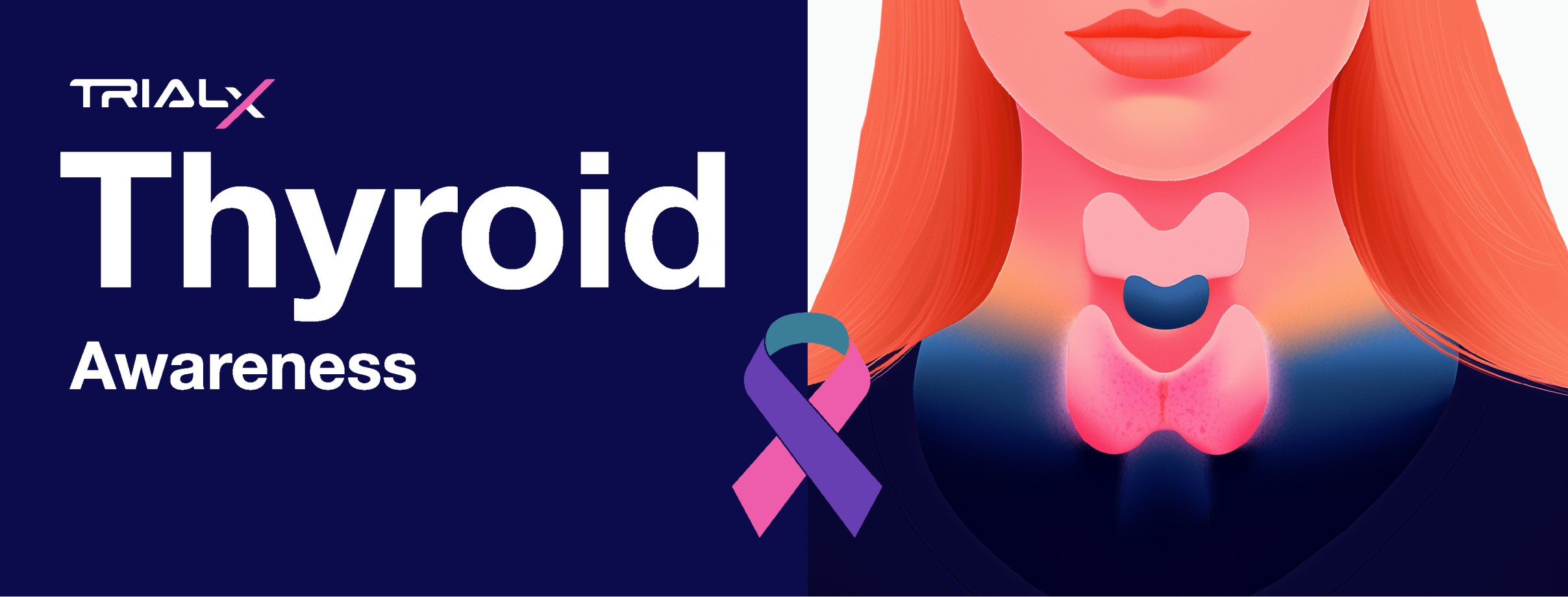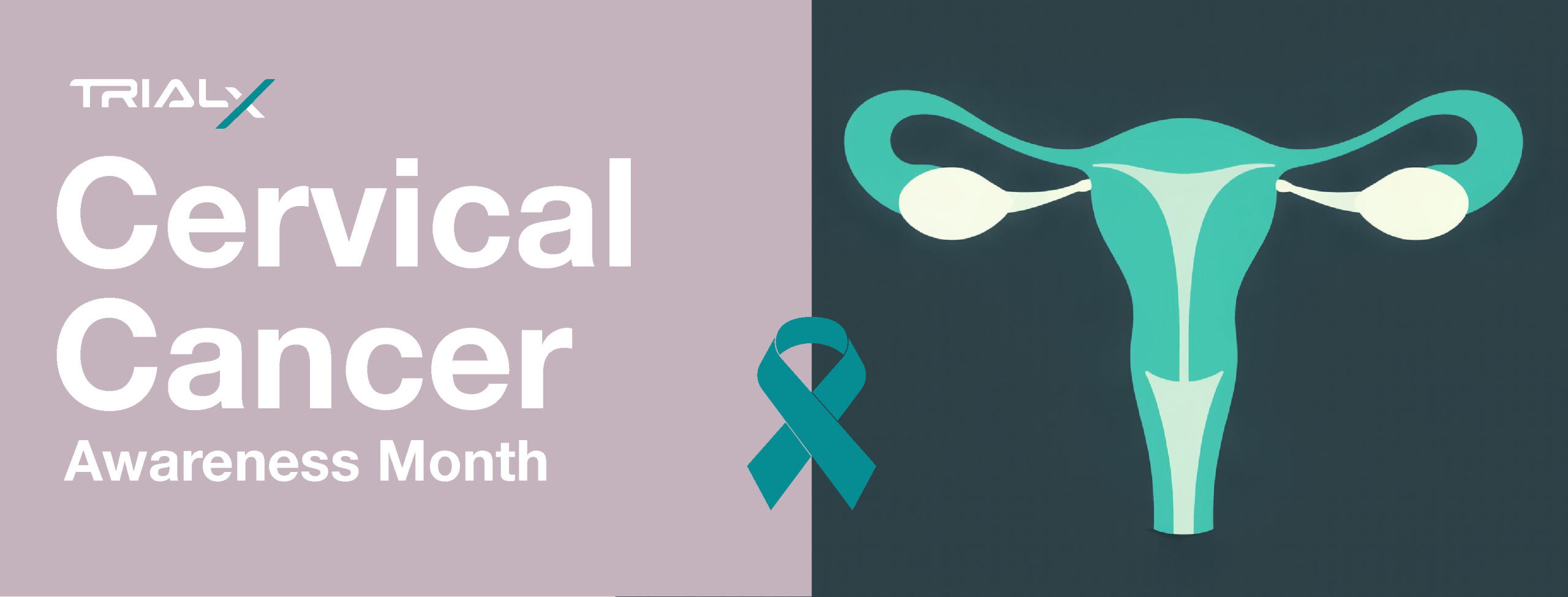[Infographic] ASCO Names CAR-T Cell Immunotherapy Clinical Cancer Advance of the Year 2017
CAR T-Cell Immunotherapy has been named Advance of the Year in Annual ASCO Report. Cancer experts looking back over the past 12 months have highlighted adoptive immunotherapy with chimeric antigen receptor (CAR) T cells as the most important clinical cancer advance of the year.
Released in advance of World Cancer Day, Clinical Cancer Advances 2018 highlights the most impactful clinical cancer research and policy developments over the past year. A team of cancer experts reviewed developments from November 2016 through October 2017 for the report. In the course of the year, 31 new therapies for more than 16 types of cancer were approved by the US Food and Drug Administration (FDA).
Highlighted as the ASCO Advance of the Year is the first CAR T-cell therapy to be approved — tisagenlecleucel (Kymriah, Novartis) for acute lymphoblastic leukemia (ALL). This product scored a double first, the report notes — it was the first adoptive cell immunotherapy and the first gene therapy for cancer to be approved by the FDA.
Tisagenlecleucel may be the first treatment to truly turn the tables on recurrent pediatric acute lymphoblastic leukemia (ALL), one of the most common cancers in children. In a clinical trial, in four of five patients, cancer went into remission after the treatment. This product can eradicate relapsed ALL in children. This represents one of the most remarkable advances in the treatment of childhood cancer in the last decade and could dramatically change treatment paradigms for this disease.
The report also notes that a second CAR T-cell therapy, axicabtagene ciloleucel (Yescarta, Kite Pharma), was approved to treat adults with certain types of lymphoma. More are in development, targeting other hematologic malignancies, including multiple myeloma.
The first CAR T cell trials initiated about 20 years ago included patients with advanced epithelial ovarian cancer or metastatic renal cell carcinoma, the next two registered clinical trials with published results reported on single patients suffering from neuroblastoma or follicular lymphoma. However, the breakthrough was achieved over the following years with CD19‐specific CAR T cells targeting B‐cell malignancies. Complete or partial response was reported not only for single individuals but also for the majority of patients in some trials . From then on, the number of CAR T cell trials substantially increased and now grows exponentially.
As of December 2017, 468 CAR T clinical trials were listed on ClinicalTrials.gov (using CAR T as search term). Geographical distribution of these trials show United States leading with China following closely.
The most famous case of a patient who benefited from CAR T cell therapy is probably that of Emily Whitehead, a child suffering from recurrent acute lymphoblastic leukemia (ALL), who has now reached 5 years of cancer‐free survival. Emily was part of the NCT01626495 trial, and thus, one of the more than 300 patients with hematological malignancies in addition to the about 150 patients with solid tumors for which published data are available.
CAR-T Drugs in the Pipeline and Associated Pharmas
According to a recent report by Research and Markets, The T-cell immunotherapy pipeline is very strong with a total of 139 drug candidates. Pharma giant such as Novartis, Kite Pharmaceuticals, Juno Therapeutics, Inc. and Sorrent Therapeutics, Inc. are actively involved in development of these therapeutics. There are 16 drug candidates in Phase II stage of development, 36 in Phase I, and seven in Phase 0. Two drug candidates have been filed for Investigational New Drug (IND) application, and there are 78 drugs in Pre-clinical and Discovery stage.
Several companies are involved in T-cell immunotherapy, with their products in different phases. Sorrento Therapeutics, Inc. is developing 21 products based on CAR T-cell therapy. The company is using CAR.TNK technology platform and G-MAB fully human antibody technology for the development of its therapeutic candidates. Novartis Pharmaceuticals has nine products in their pipeline and one drug candidate reached into Phase II clinical stage.
Some of the key players developing T-cell immunotherapies are:
Novartis was the first to launch CAR-T therapy, called Kymriah, last August. It is a one-time treatment for B-cell acute lymphoblastic leukemia (ALL) that has shown an 83% remission rate after three months in clinical trials with patients that do not respond to standard treatments. However, 49% of the patients suffered strong cytokine release syndrome (CRS). This side effect has been responsible for several deaths in clinical trials run by Novartis’ competitors. For example, Juno Therapeutics had to terminate its lead CAR-T program last March after a total of 5 patients died of cerebral edema caused by the therapy.
Gilead was the second to bring a CAR-T therapy to the market. The big pharma acquired Kite Pharma just weeks before the FDA approved its CAR-T cell therapy, Yescarta. The therapy induced remission in 72% of patients with another form of blood cancer called aggressive B-cell non-Hodgkin lymphoma. However, the trial reported three deaths linked to the side effects of the therapy.
Other companies running clinical trials with CAR-T therapy include Juno Therapeutics,Celgene and Mustang Bio in the US, Celyad in Belgium and the French Servier in partnership with Pfizer.
CAR-T Cell Therapy Pioneer Dr. Carl June
We recently spoke to Dr. Carl June, pioneer of CAR-T cell therapy and the person who led the team towards this historic FDA approval. Dr. June explained how CAR-T therapy was radically different from the therapies that we have had until recently like either surgery or radiation or a combination.
He explained how both of those were non-specific therapies, and they worked by killing cells but they also killed normal cells, which led to the side effects.
With immune therapy it was precisely targeted at just the cancer cells, there were no off-target effects. Off target effects are when the therapy is killing cells but it’s not helping you get better. So chemotherapy has many side effects and symptoms such as nausea and vomiting, to very severe issues which can involve liver failure, heart failure, bloody diarrhea and so on. Those are off target effects and they actually don’t help you get better from the tumor.
Of course, like all therapies, the therapy is not without its dangers. One of the biggest obstacles doctors and researchers face is handling the immune response that comes with the treatment. When you catch the flu or another type of infection, the fevers, aches, and pains that you get are not from the invading bacteria or virus itself, but from your immune system revving up and fighting against it. The same thing happens with this treatment (and to a varying degree with other immunotherapies, too). When a person receives engineered T-cells, the jolt to their immune system causes extremely high fevers and increases in proteins involved in inflammation. This can be very dangerous. But if the immune system doesn’t generate this massive response, that means the treatment isn’t working. So, doctors are working now to figure out a way to deal with and control these side effects without compromising the effectiveness of the treatment.
More highlights of the talk with Dr. June here.
Immunotherapy and CAR-T Cells
Immunotherapy is treatment that uses certain parts of a person’s immune system to fight diseases such as cancer. Normally, our immune system is programmed to identify foreign invaders and crush them decisively. But cancer, arising out of one or more mutations in our DNA, is a threat that is deceptive, since these cells cloak themselves in innocent garb confusing the immune system.
The idea behind CAR-T is the modified T-Cell. The patient’s own T-cells are harvested and then genetically modified to have a receptor for a particular antigen that a particular tumor cell may display. The particular antigen that has been used is CD-19, a common tumor antigen. However without an initiating signal the CAR-T cells would remain naïve within the body. This signal is provided by dendritic cells. DC cells are professional antigen presenting cells that allow for a more directed immune response than B-cells could provide. However DC cells cannot pick up the CD-19 antigen to present to the CAR-T cells because it is masked. Naturally, this masked reaction is used in the body to prevent the immune system from attacking a particular cell, for example, the PD1-PDL1 interaction prevents the mother’s immune system from attacking the fetus’s cells during pregnancy. The tumor cells have harnessed this interaction to mask themselves from the body’s immune system. Breaking this interaction is a key component of CAR-T treatment as once done tumor cells would be vulnerable to the immune system. The CAR-T’s function lies in providing an anti-PD1-anti-PDL1 like interaction which would allow the tumor cell to be susceptible to the host’s immune system.
In the therapy, every single dose of a treatment is unique and completely personalized to individual patients. That’s because the technology involves extracting a patient’s immune cells, using genetic technology to make them home in on (and destroy) cancerous cells, and then re-inserting these powerful new cancer killers into the patient.
The pricing of the two CAR-T therapies already in the market has sparked the debate on whether these therapies are worth the huge price tags that come with them. Novartis’ Kymriah is priced at $475,000 (€400,000) and Gilead’s Yescarta at $373,000 (€316,000). And experts estimate that, after factoring in the hospitalization and other medications required for the procedure, the price goes up to about $1.5M per patient.
CAR-T treatment is a fascinating prospect in the field of immunotherapy due to its potential uses. New research is being conducted as to improving current CAR constructs and minimizing on target, off tumor toxicities.
![[Infographic] infographic car-t immunotherapy cancer](https://trialx.com/wp-content/uploads/2018/02/infographic_all_in_one_2018-04.jpg)



